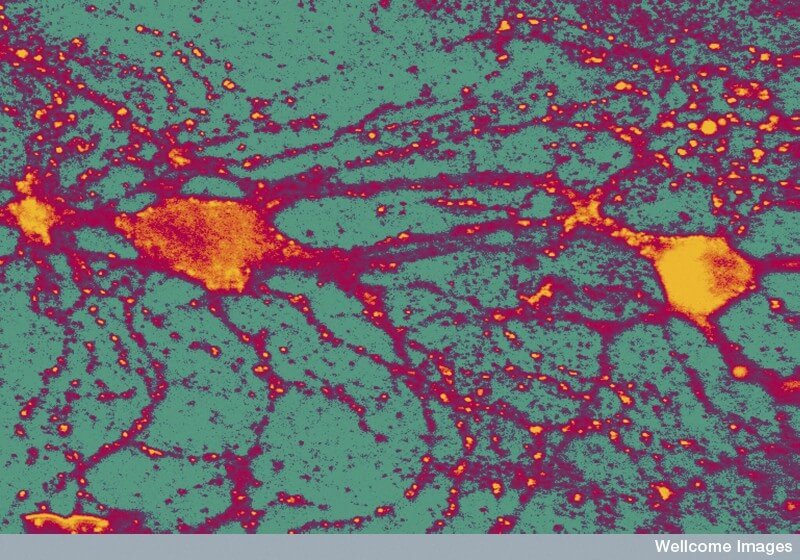A hurricane, a car accident, a roadside bomb, a rape — an estimated 50 to 60 percent of Americans experience extreme stress at some point in their lives. About 8 percent will be diagnosed with post-traumatic stress disorder, or PTSD.
One of the only effective treatments for PTSD is ‘exposure therapy,’ in which people are repeatedly exposed to their fear in a safe context. This treatment works partly because of how our brain encodes memories. Whenever we actively recall a memory, it becomes vulnerable to modification.
About half of people who get exposure therapy for PTSD get better, and half don’t. A mouse study published in Cell throws the spotlight on a drug that acts in concert with exposure therapy to help extinguish fear memories by changing the epigenome.
Read the full, original story: Drug Tweaks Epigenome to Erase Fear Memories































